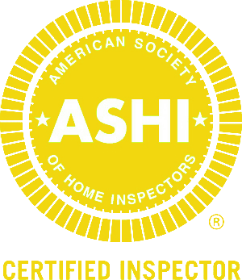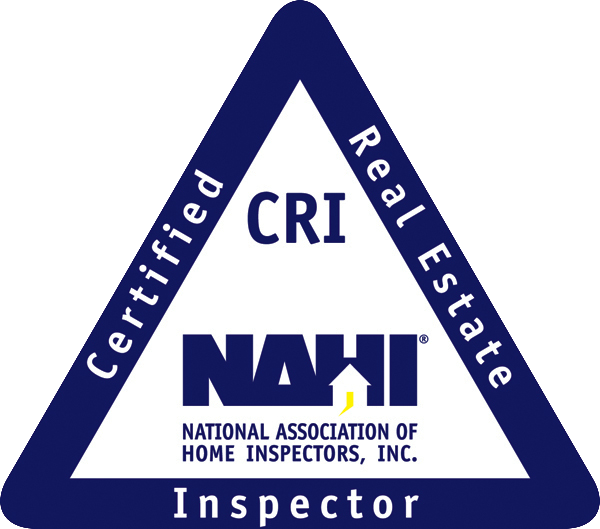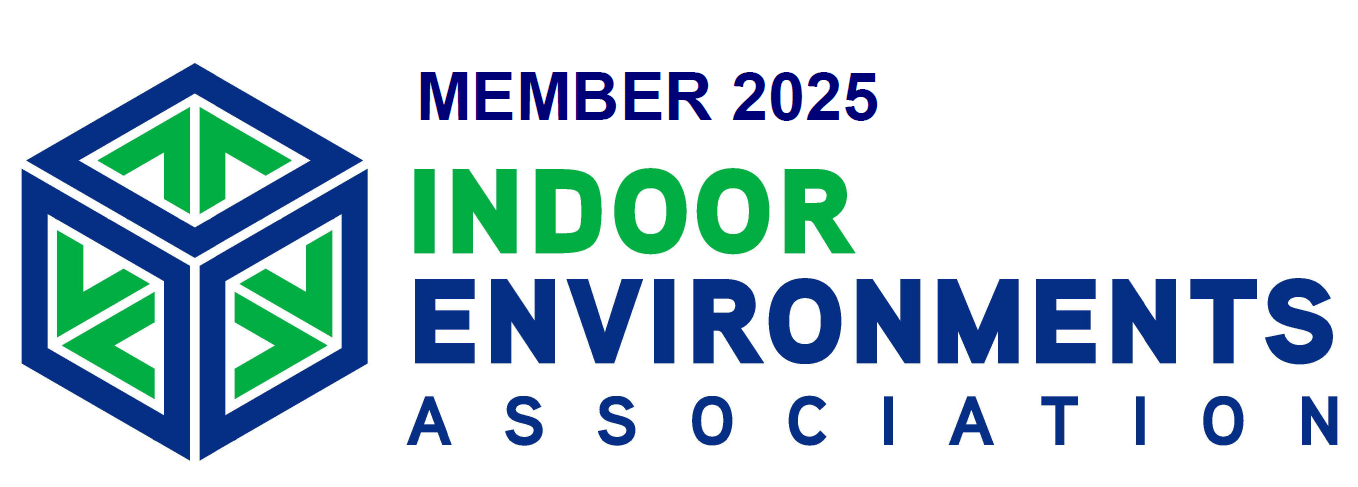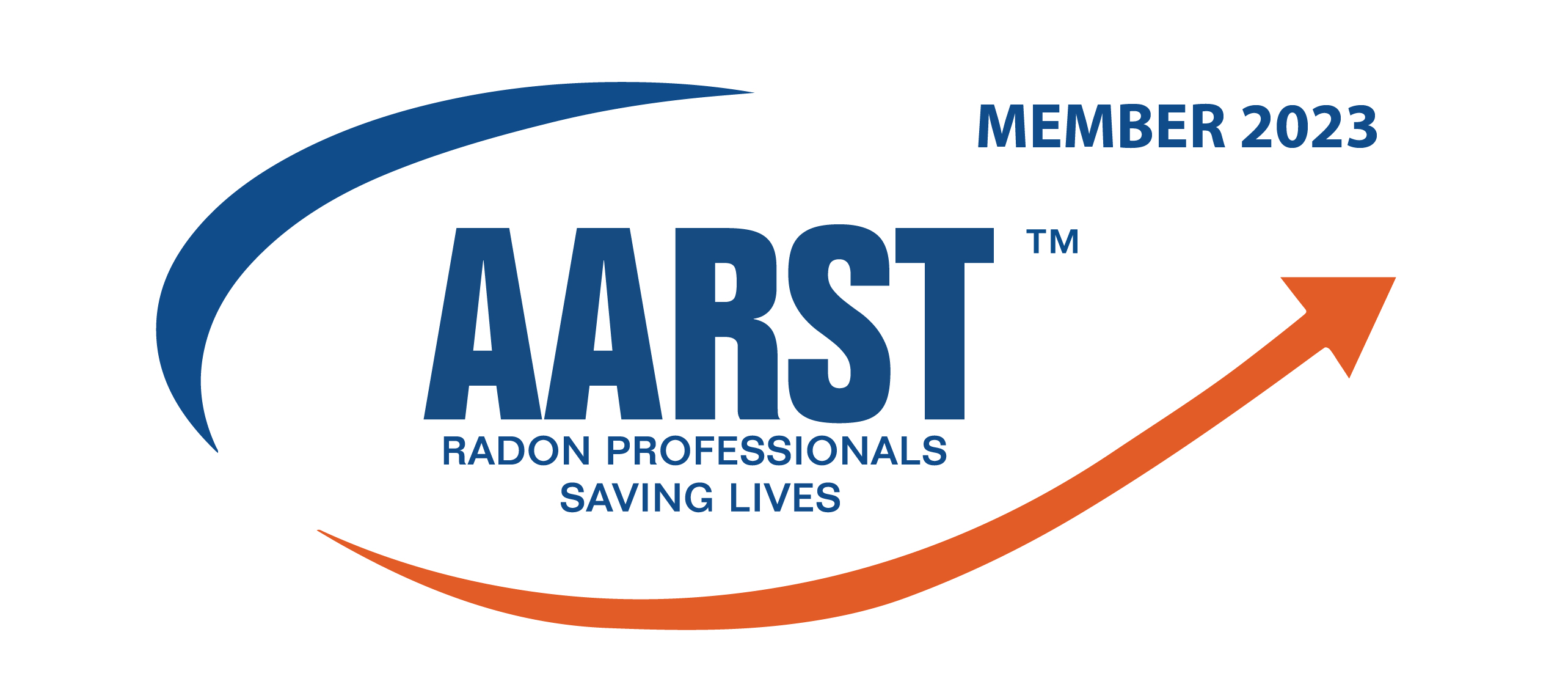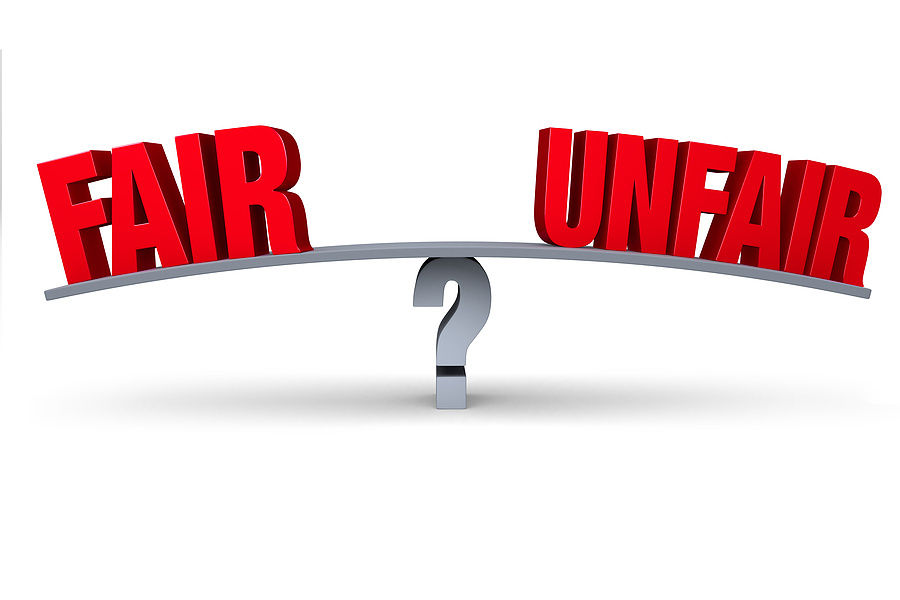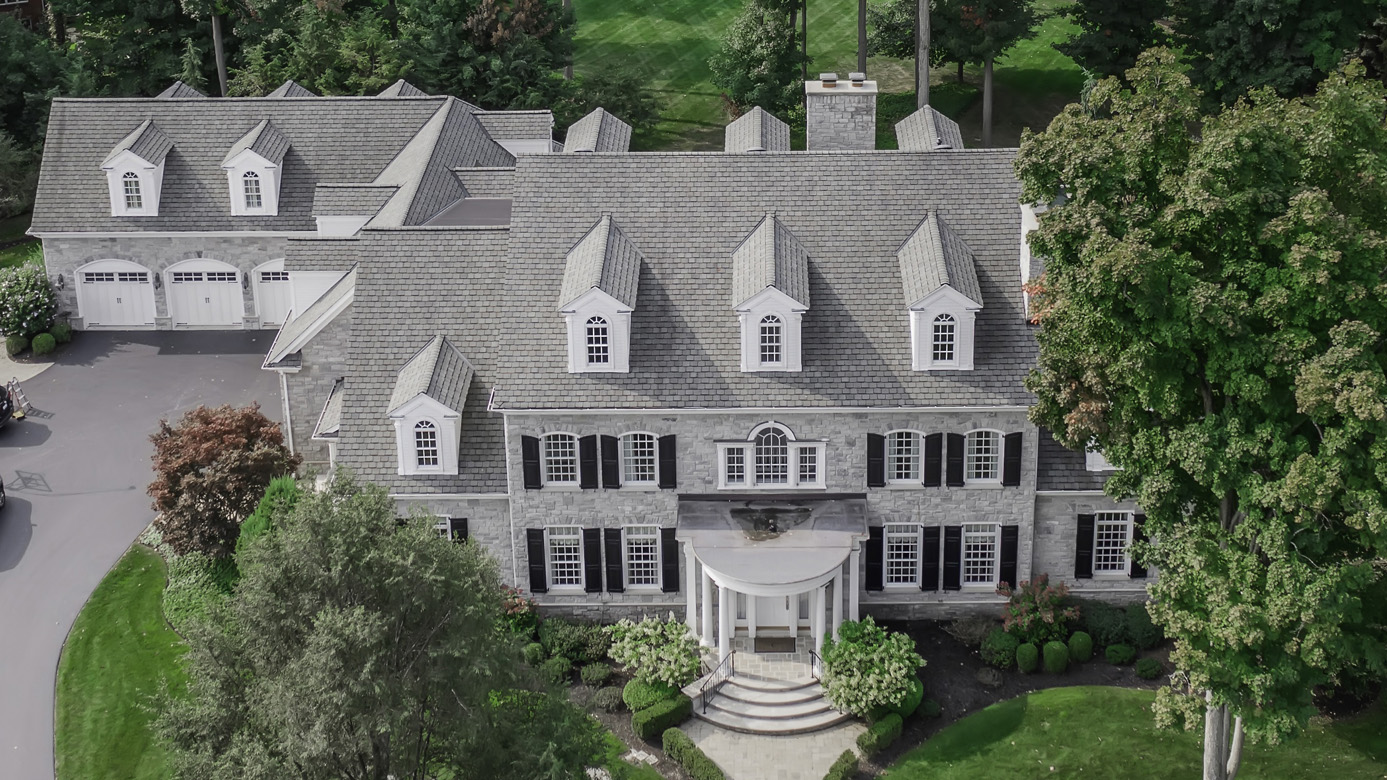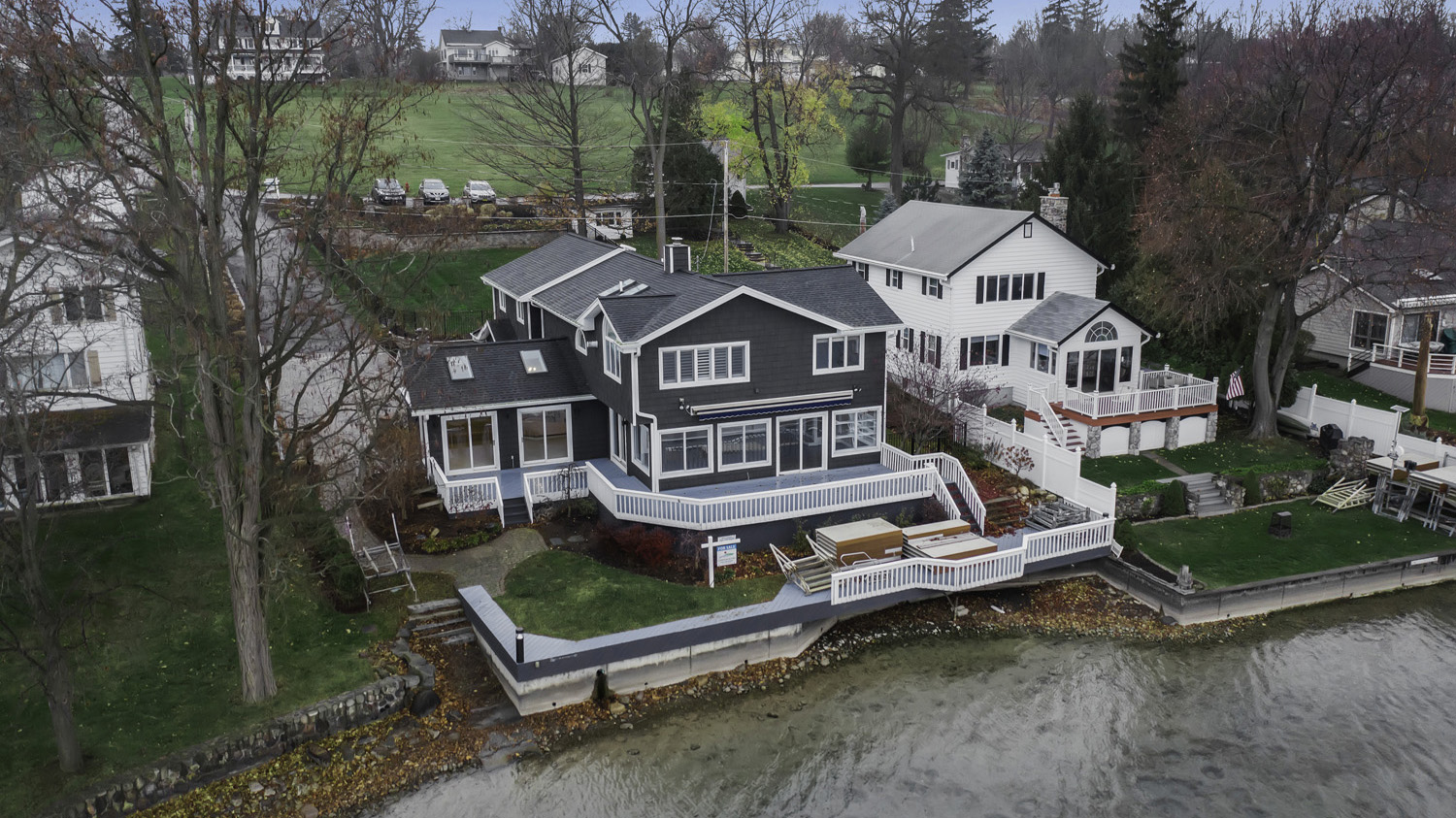Property inspections should be unbiased evaluations
Buffalo, NY – As we all know, the purchase of a home is typically the largest purchase a person makes during his or her lifetime. There’s a lot of things to consider beyond the physical attributes of the property – developing a relationship with a Realtor®, researching mortgage rates and products, enlisting an attorney, and, once you have chosen a property, having the home or commercial property inspected by a qualified inspector.
Realtors recognize the value in including a property inspection as part of the deal, and value a true and unbiased opinion from the home inspector for their clients. Too often, before property inspections became popular, when something went wrong with the physical plant of a building, whether it was a home or commercial property, the Realtor was the one who took the blame.
Additionally, a home inspection can help dispel the fears of prospective buyers. There are any number of problems buyers may think are tough to overcome, that are relatively easy and inexpensive to repair, and that certainly should not keep you from purchasing your dream home. Your home inspector should be experienced enough in construction techniques and home repairs to be able to suggest cost effective methods for repairs you may think are going to be expensive.
There are certain things to consider, however, when you choose a home inspector. You want to get an opinion that is totally unbiased. The inspector should not have any vested interest in the inspection – he or she should not, for example, solicit contracting work on the properties inspected.
You want an inspector who provides you with a detailed report on all aspects of the property: the exterior envelope including windows, doors and roof; the interior including fireplaces, stairways and ventilation; the general structure including plumbing, heating and air conditioning, and electrical; and any environmental hazards that may exist. You should, if at all possible, accompany your inspector on the tour and ask as many questions as you like. Remember, the only “dumb” question is the question that isn’t asked.
Your home inspector should be affiliated with such organizations as the National Association of Home Inspectors, or the American Society of Home Inspectors. It’s also helpful if he or she has trained in the areas of radon measurement, lead risk assessment and abatement, and wood destroying insects. Before hiring a home inspector, ask for credentials, references and work experience. It’s not wise to base your decision totally on price and good inspectors will not have a problem providing you with information on their background.
Property inspections are not “pass/fail” opinions, they are professional evaluations of construction, designed to help buyers make an informed decision about their purchase. The prime concerns of the home inspector are to discover areas that may require a significant investment to renovate or repair, and areas that may pose a health hazard to the occupants of a building. Don’t ask your home inspector for an appraisal or legal advice. Your Realtor or attorney is the professional to consult in these respective areas.
A home inspector should never, however, be an alarmist. He or she should present a realistic picture of the property. A thorough report from a qualified home inspector is a critical record in the history of your most important purchase.
Richard F. Pezzino is a Certified Home Inspector, a member of the National Association of Home Inspectors, National Radon Safety Board and has U.S.E.P.A. training in Lead Abatement and Lead Risk Assessment. His company, Accu-View Property Inspections, can be reached at (716) 882-2200.

